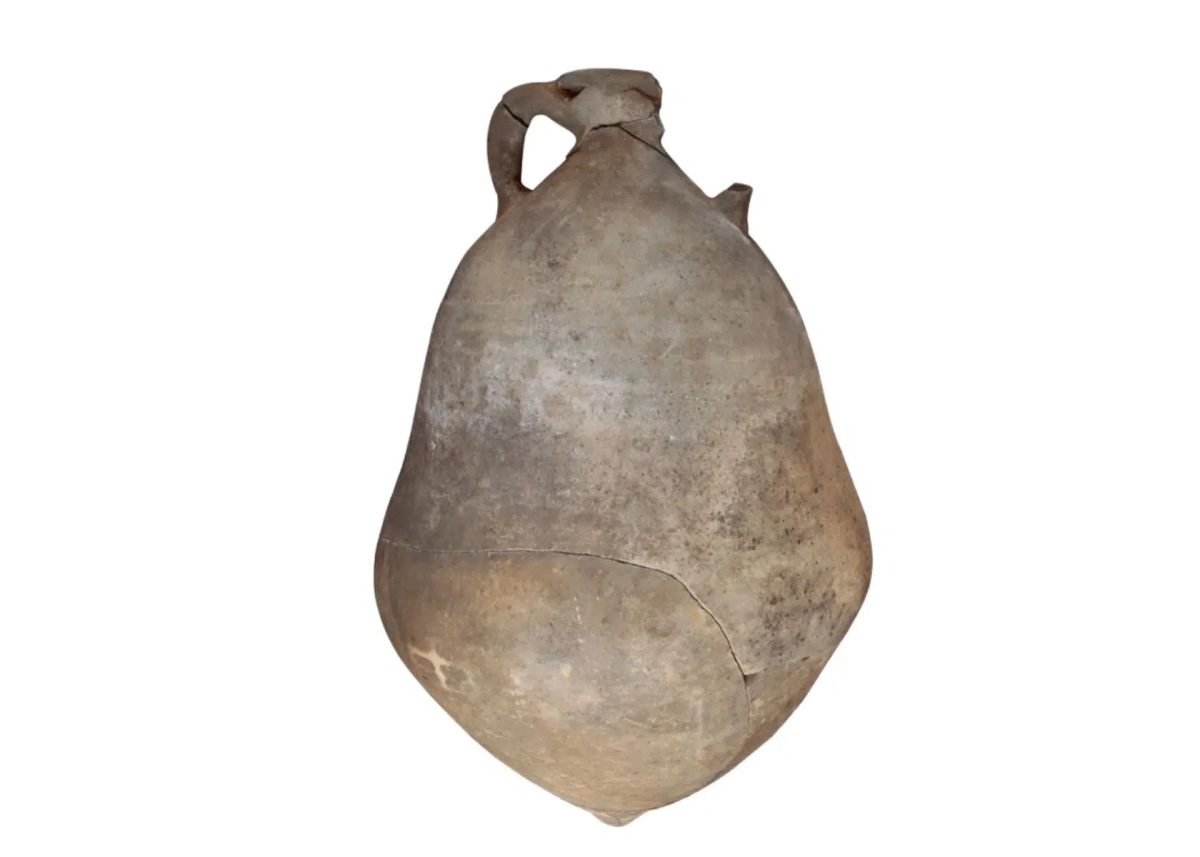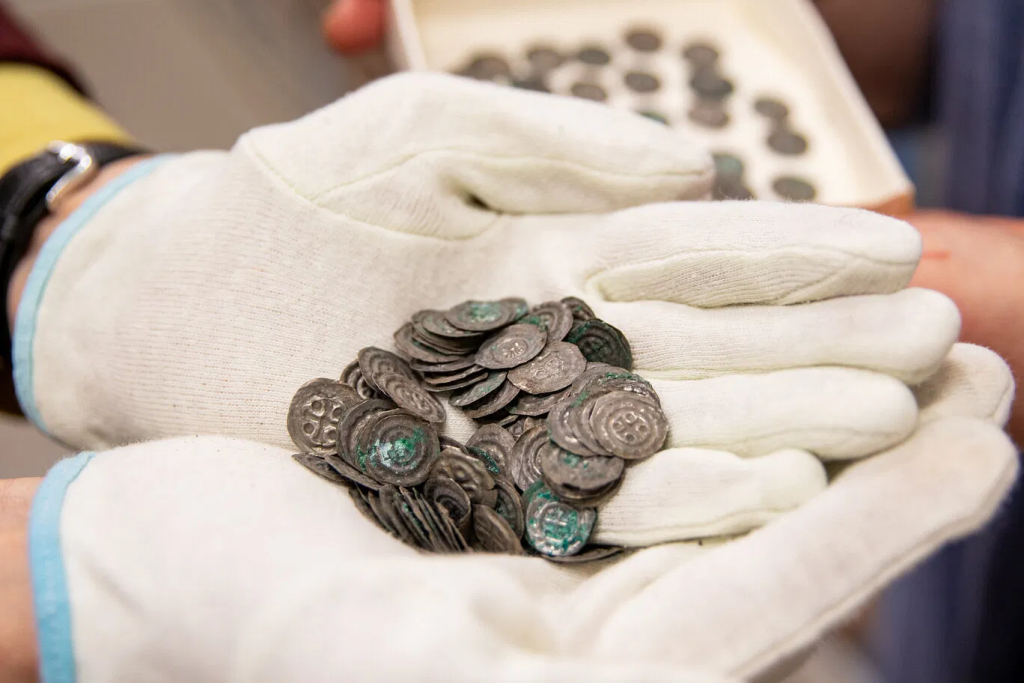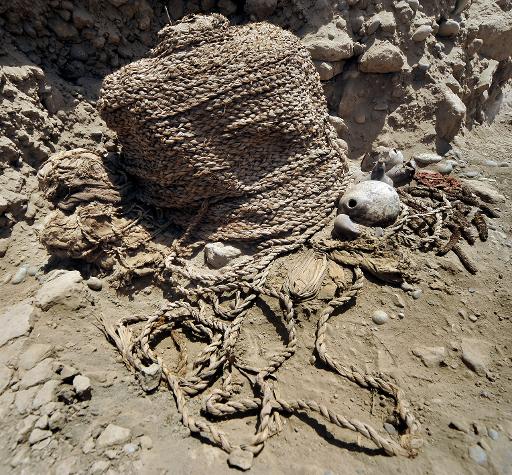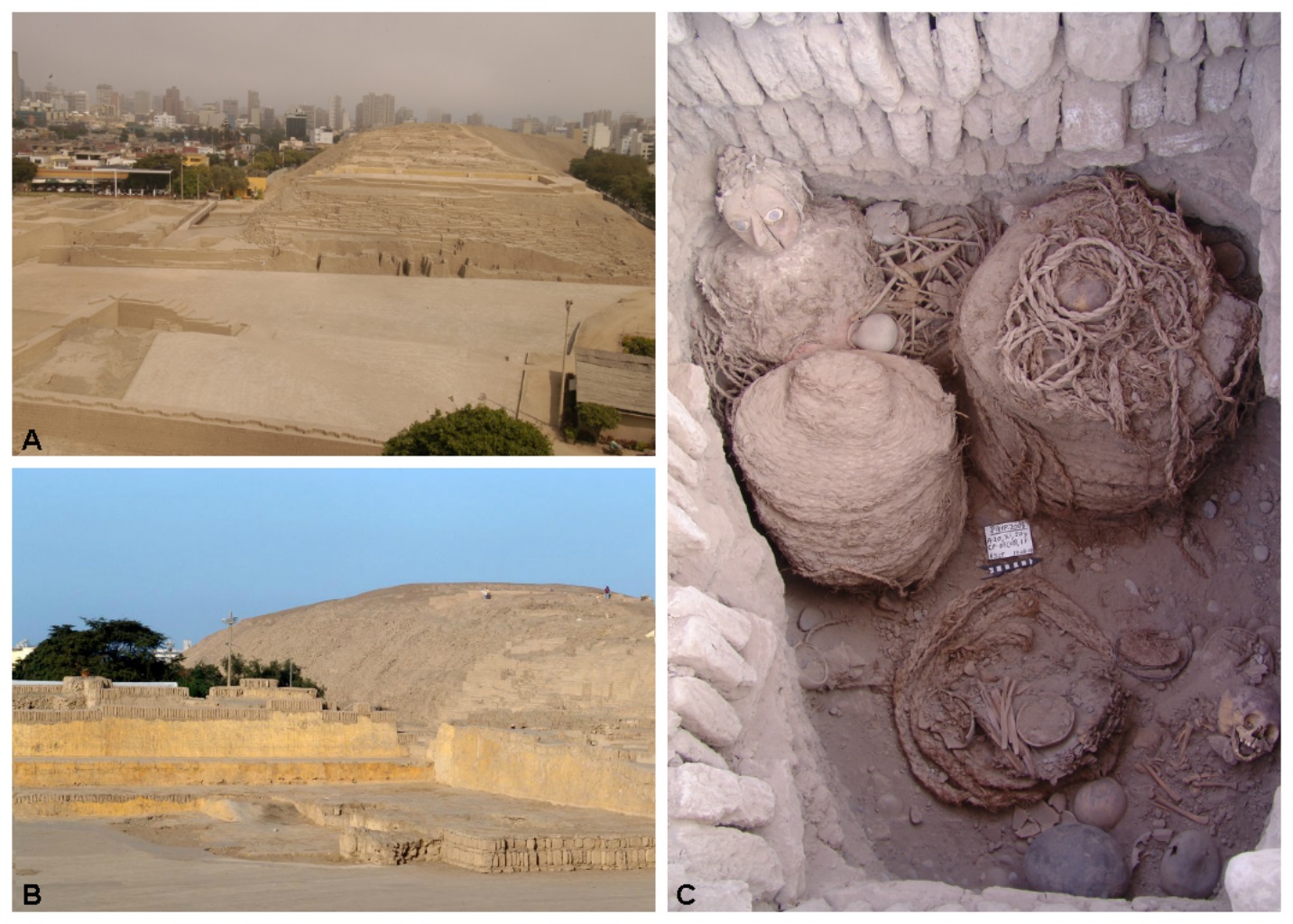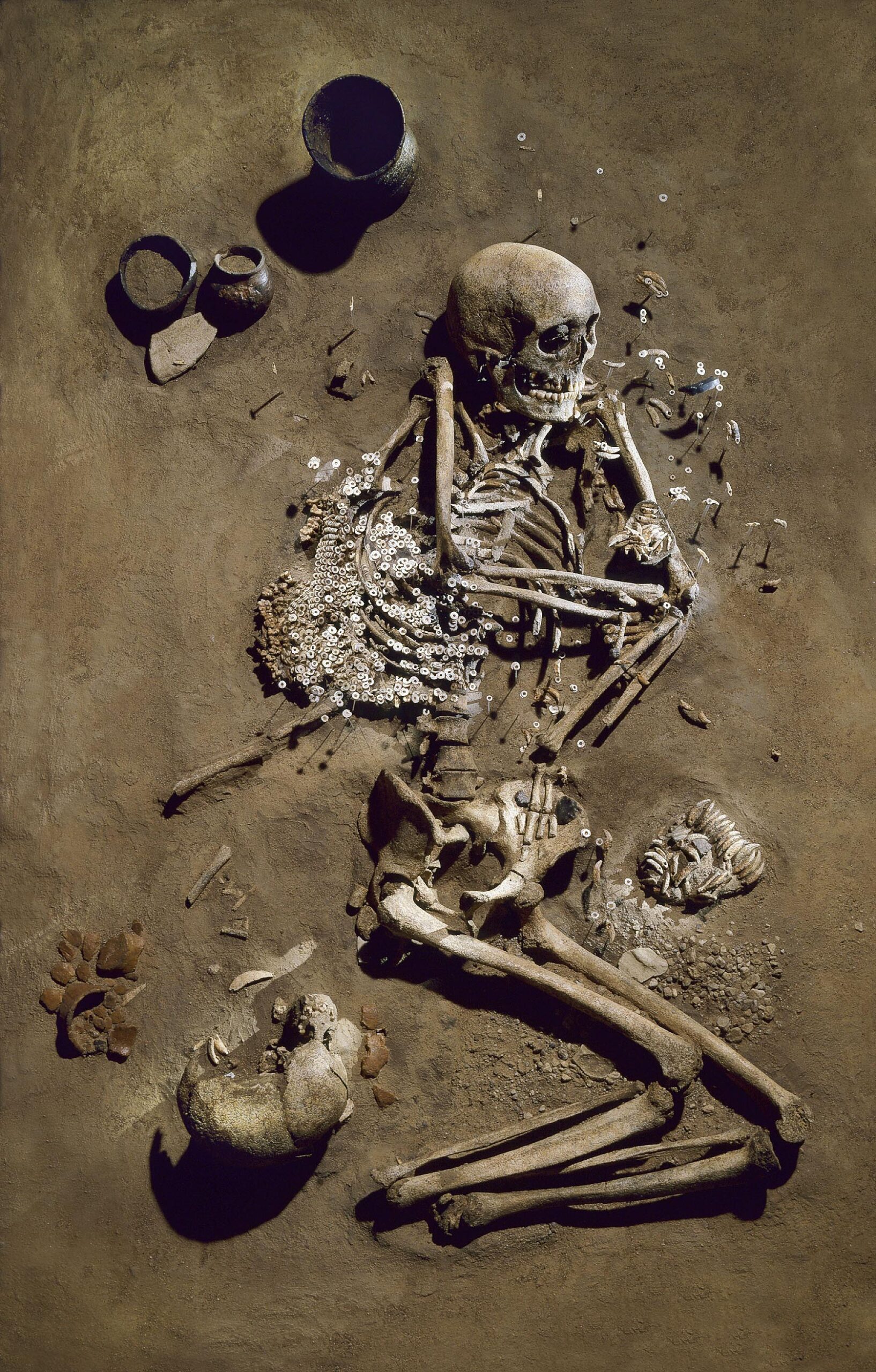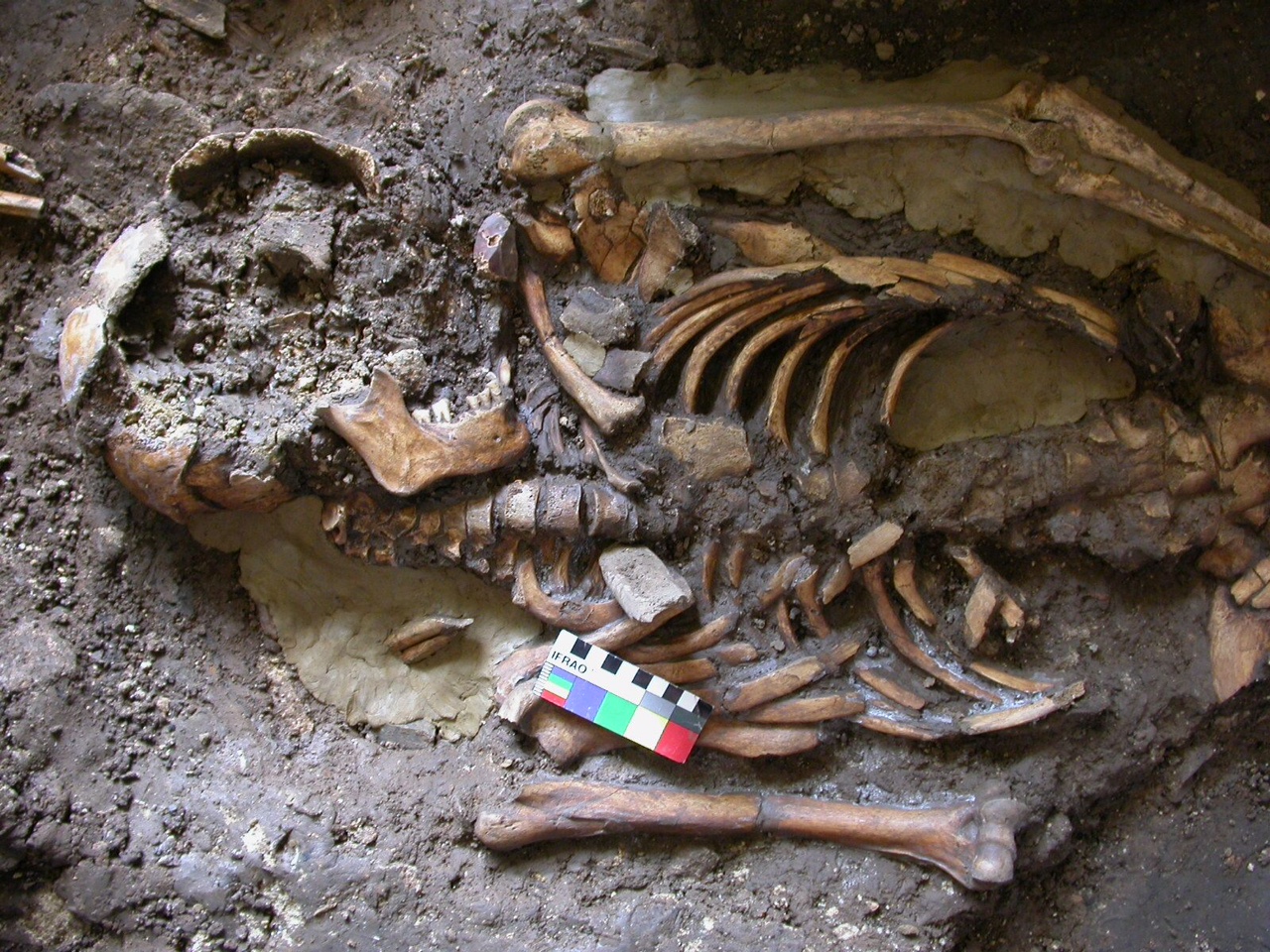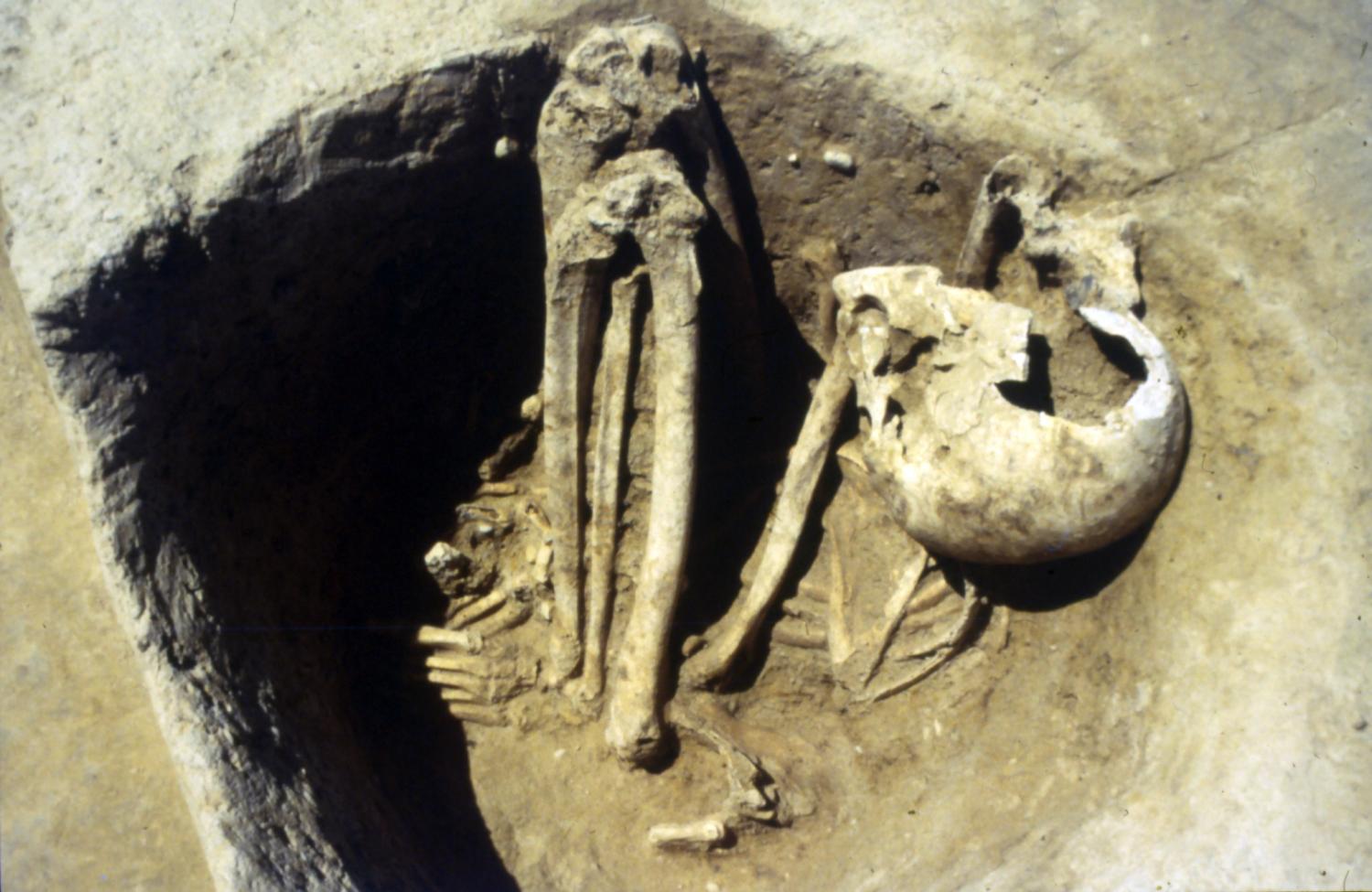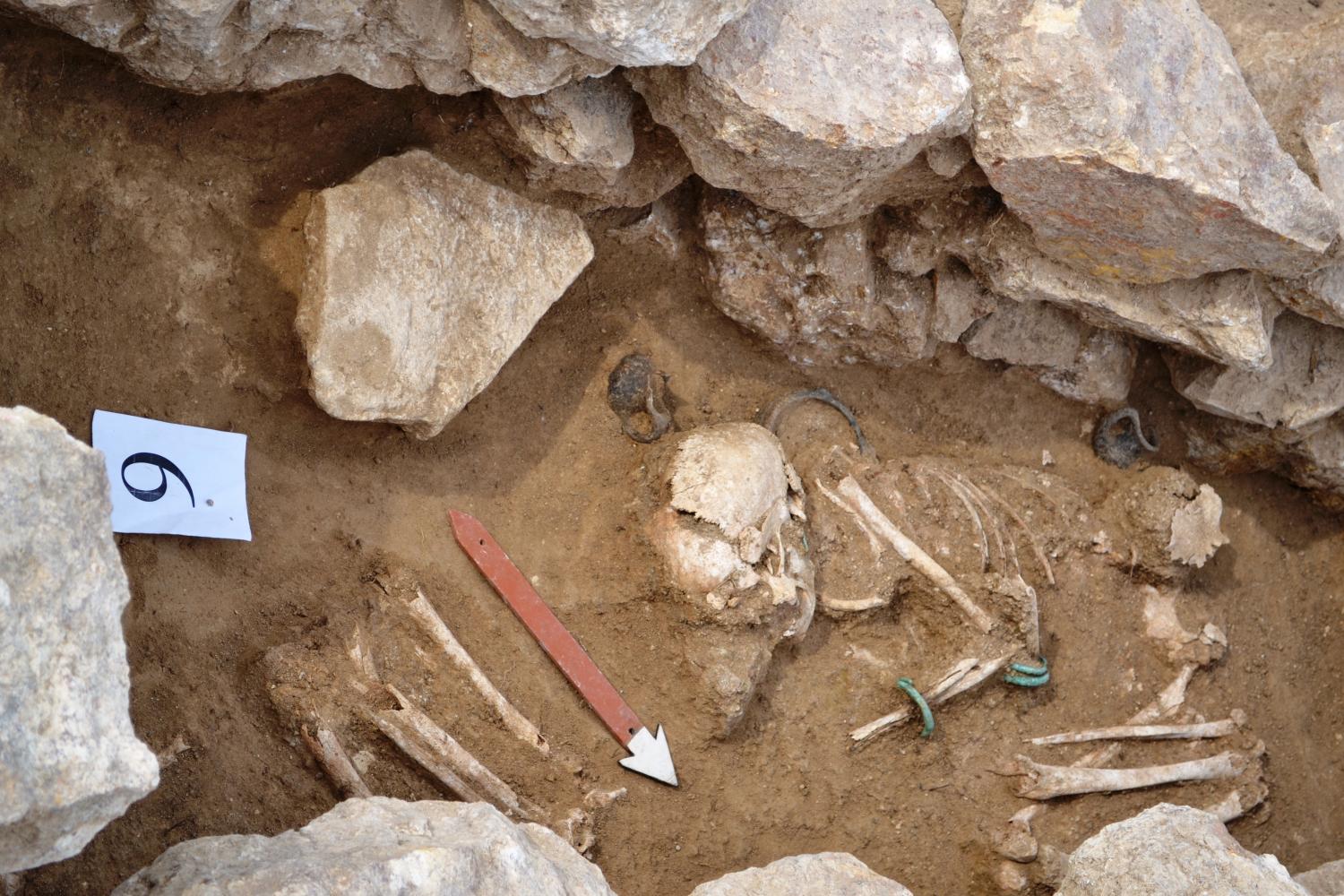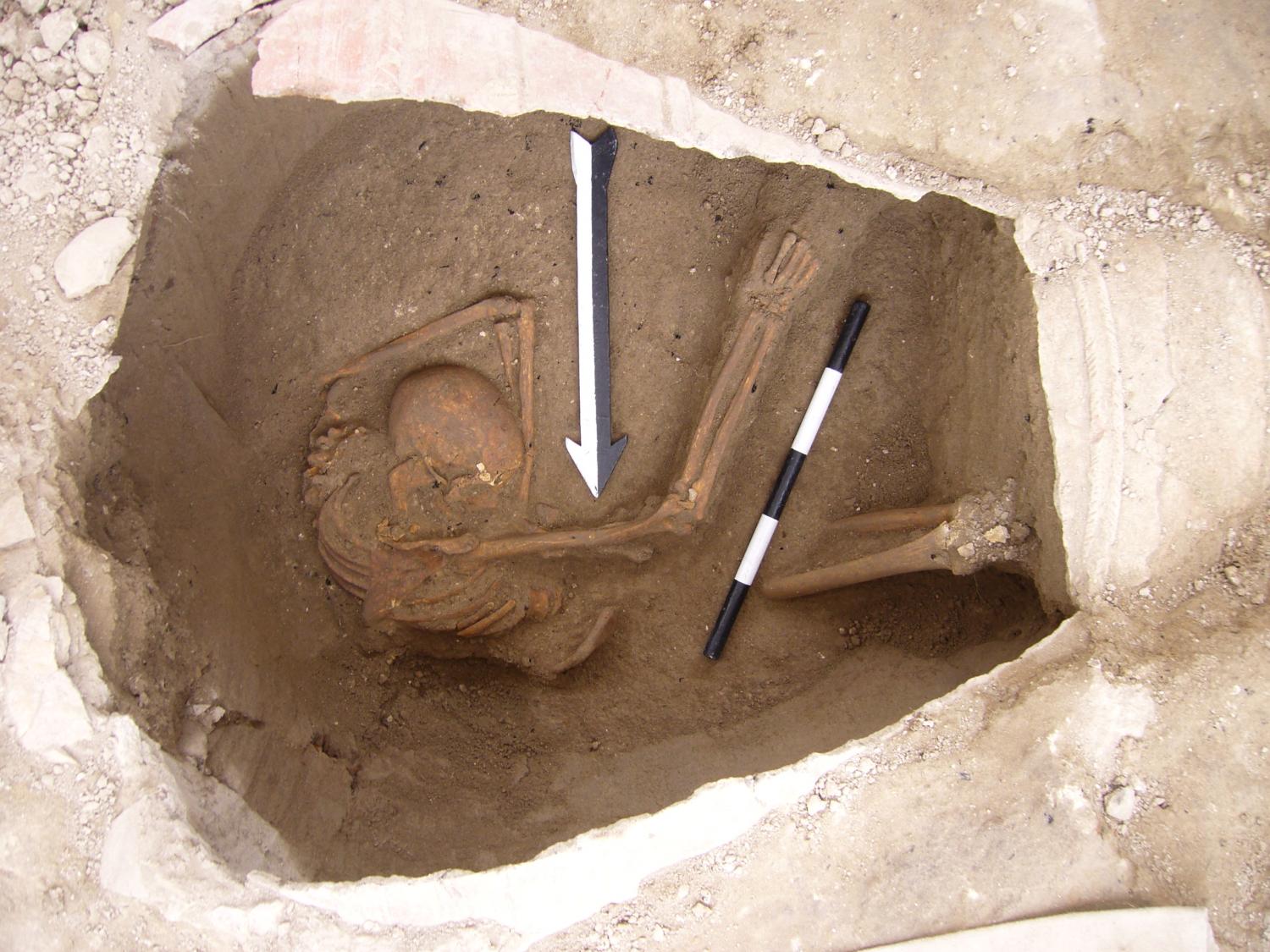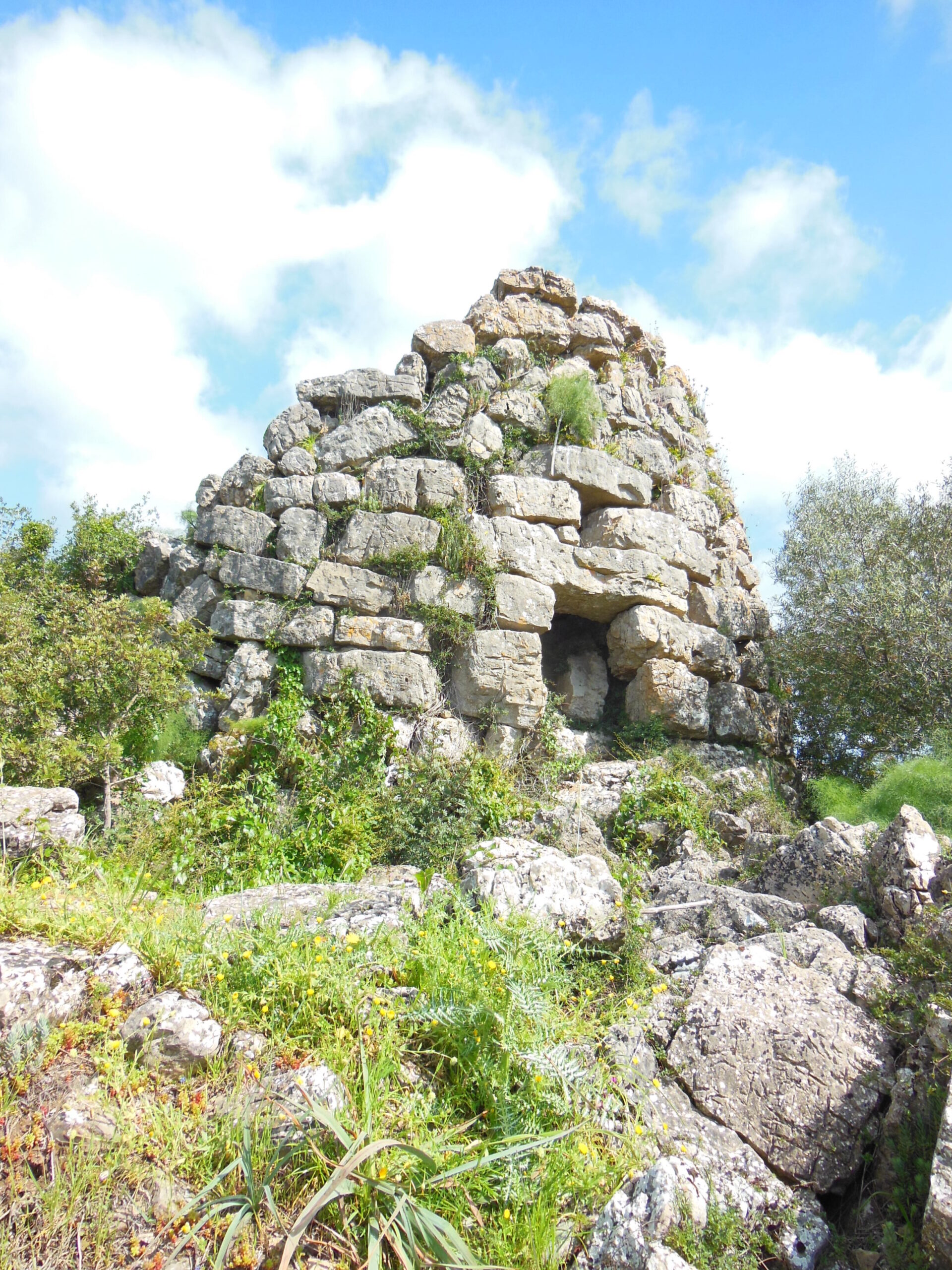Exceptional Preservation of Roman Shipwreck Provides Insights into Mediterranean Life
The deep sea has surrendered a treasure trove of history, offering a fascinating glimpse into Roman trade during Late Antiquity. A meticulously preserved shipwreck, christened Ses Fontanelles after its discovery site near Mallorca in 2019, has undergone in-depth analysis, revealing a wealth of information. The exceptional condition of the shipwreck, found a mere 65 meters … Read more
